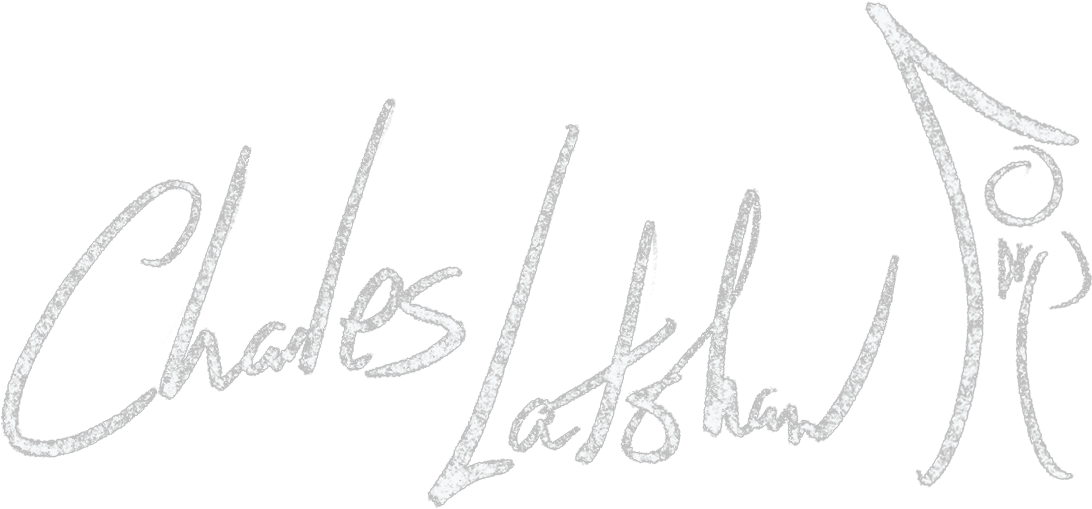By Peter Jacobi
Bloomington Herald Times
August 11, 2013
Change can be exhilarating and to the good. What would the arts and entertainment be without change, without fresh ideas, different works, new creators and performers? Fortunately for us, in Bloomington’s fertile cultural scene, opportunities for the fresh, the different, the new abound. That’s what helps make living here so special.
But change can be sad. And change can be unsettling.
Two letters bring sadness.
One, from Lenore Hatfield and sent to members and friends of the Camerata Orchestra, reads: “As you know, the Camerata Orchestra has not given any concerts this past season. For many reasons, I have been unable to continue those responsibilities. For 23 years, the Camerata fulfilled its mission of providing a professional setting for Jacobs School of Music faculty, emeriti, alumnae, students, as well as townspeople and artists from around the world. It has been the most valuable experience of my life and one I will never forget. I want you to know how very much I appreciate the many years you have supported the Camerata. I thank you a million times for your kindnesses to us.
The other, from Charles Latshaw to musicians in and friends of the Bloomington Symphony Orchestra, reads in part: “I am writing to you with the news that our upcoming concert on July 7th will be my last as the artistic director of the Bloomington Symphony. I’ve accepted a position as Director of Orchestras at the Hugh A. Glauser School of Music at Kent State University and will start in August. Kelley and I are very sad to be leaving the BSO, but it’s time to move on to the next movement in our musical lives.
“I am so happy to have been a part of your musical family for the past six years. When, in 2006, I was asked if I would guest conduct the BSO’s summer concert, I said, ‘There’s a Bloomington Symphony? I had no idea!’ Since then, the BSO has become the most important part of my professional, musical, and social life. You have been such terrific colleagues, friends, coworkers, and musicians through every step of the journey. I’ve always said that any orchestra is capable of moments of greatness. My goal is to stretch those moments into minutes and to stretch those minutes into movements. You’ve given me six seasons of greatness, and I am so grateful to have had the opportunity to work with all of you.”
Leonore Hatfield’s efforts have been heroic. Her vision, leadership, and nurture gave birth and then joyful youth and maturity to the Camerata. Each season brought concerts of distinction. Her drive, her own support, her belief sustained the ensemble, attracted worthy conductors (early on resident, then guest) and always compelling soloists. The seasons were enriched with repertoire that made many afternoons and evenings absorbing.
I know it was a struggle to keep the enterprise going. As a fan, I obviously wanted to see the Camerata go on and on, but Lenore, the orchestra’s heart, sensed the time had come to close the curtain. I’m sad, yes, but I’m grateful for her remarkable contribution and for memories.
As for Charles Latshaw, his feeling of sadness is, of course, blended with hope for continuation of a career on the rise, and I certainly wish him well. Actually, I feel sure he’ll do well. He’s done wonders with the BSO, giving the musicians in this community orchestra discipline and spirit and love for the task of making music. He planned intriguing programs and had the gift to lift his players to levels of performance beyond their limits. For listeners, that meant enjoyable and rewarding concerts.
As for the musicians, I’ll let trombonist Donna Lafferty speak for them and herself. “I’ve been with the orchestra for 17 years,” she says, “and have played under many other conductors. Most were excellent musicians, some have been genial, some have been decent administrators, but no one came close to matching the impact Charles has had on the BSO. Charles always says that musical talent is a myth — it’s all about hard work. I was lucky enough to share office space with him last season and can tell you firsthand how hard he worked to prepare himself and the orchestra.
“He played through every score on the piano (sometimes singing along, too) to memorize it. One of the walls of his office was a chalkboard. Charles would diagram the pieces, sketch out possible rehearsal strategies, write himself notes about what we might program in the future. Everything was always laid out well in advance. He had clear goals for what we might achieve, and very specific plans for how to achieve it.
“He made wise choices and structured every season to take advantage of the orchestra’s strengths, while challenging us to grow musically. Rehearsals were optimized and efficient..At the end of every single rehearsal, Charles would thank us for our work, then say, ‘Good night, I love you all very much.’ At first, some of us were taken aback, but for the last few seasons, there were always many who said, ‘We love you, too, Charles.’”
